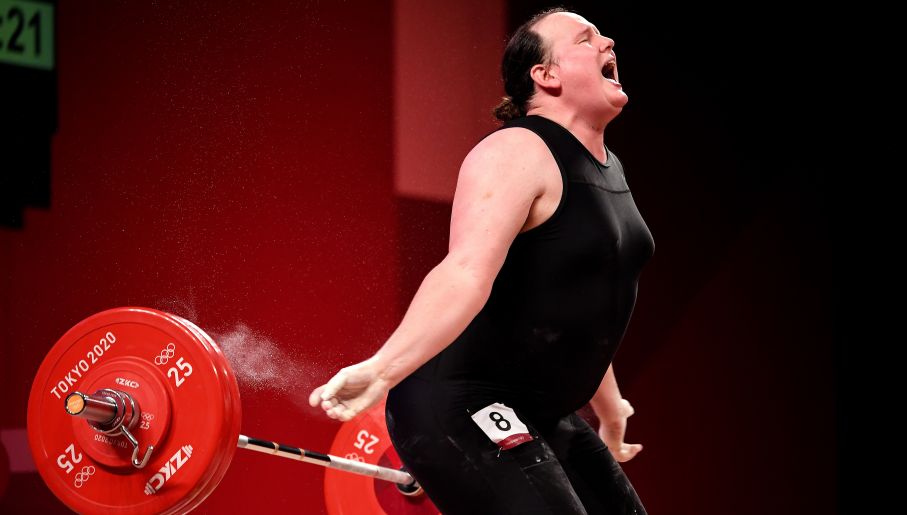World Athletics announced on Thursday that its Council had voted to exclude transgender athletes who have transitioned from male to female after going through puberty from competing in elite-level competitions. The council also decided to halve the maximum amount of plasma testosterone allowed for athletes with Differences in Sex Development (DSD), reducing it to 2.5 nanomoles per litre from five.
The decision, which will have a significant impact on DSD athletes such as two-times Olympic 800 metre champion Caster Semenya, Christine Mboma, and Francine Niyonsaba, has sparked controversy and backlash from the LGBT community. The ruling is seen as discriminatory against transgender athletes, who argue that the policy reinforces harmful stereotypes and perpetuates discrimination.
The new rules were implemented to maintain fairness in elite-level competitions, with concerns being raised about the biological advantages that athletes with male physiology have over female athletes. The International Olympic Committee (IOC) previously issued guidelines in 2015 allowing transgender athletes to compete without undergoing surgery, but the decision was met with criticism from some athletes and sports officials who argued that the guidelines did not go far enough.
The debate over transgender athletes’ participation in sports has been ongoing for years, with advocates arguing that transgender athletes should have the same rights as their cisgender counterparts. While some argue that hormone therapy can offset the advantages of testosterone levels, others believe that the biological differences between male and female athletes give male-to-female transgender athletes an unfair advantage.
The decision by World Athletics has reignited the conversation around the inclusion of transgender athletes in sports, with many calling for more nuanced and inclusive policies that take into account the diversity of gender identities and expressions. The debate is likely to continue as athletes, officials, and policymakers work to navigate the complex and evolving landscape of transgender rights in sports.

